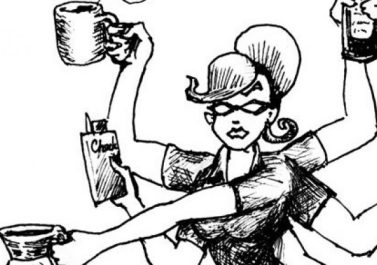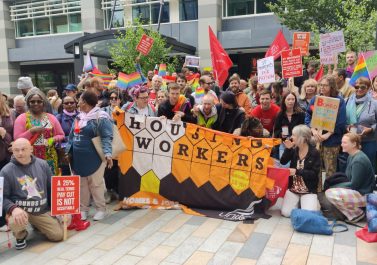A friend based in Manchester send us following article.
The shameful money-first attitude of UK universities has been exposed by their handling of the lockdown – and students are fighting back, writes Laura Dickinson
Students across the country have found themselves in an unprecedented situation. Under the renewed lockdown, thousands of young people have been confined to their halls – unable to access study spaces and resources and receiving most of their tuition online. This is hardly the university experience anyone signed up for.
While measures to curb the spread of the virus are of course essential, there is a growing sense that with fees of £9,250 per year and accommodation averaging at £140 a week, students are in fact being conned.
University management knew there would be a spike in coronavirus cases if they encouraged students to return to campuses in the middle of a pandemic. But rather than forgoing rental profits, they made empty promises of face to face teaching and full support to bring students back to campuses – with no regard for the welfare of staff, students, or the wider community.
In reality, our degrees have been reduced to an online streaming service, the virus has spread like wildfire throughout our campuses, and we’re paying for the privilege of being locked up like animals when we could be taking our lectures at home – saving ourselves money.
Nowhere is the crisis more visible than at the University of Manchester, where measures were met with spontaneous protest last week as students tore down fencing that had been put up without warning around their accommodation.
In response to the University’s blatant disregard for their wellbeing, Manchester students have come together with members of the Young Communist League, Labour Students and the Greater Manchester Tenants Union to form the campaigning platform 9k4What – a group that is campaigning to end the marketisation of education and get tuition fees and student rent partially reimbursed for the first half of this academic year.
On Thursday 12th November, 9k4What and a broad coalition of student groups, including UoM Rent Strike and Students before Profit, legally occupied a disused tower on campus grounds. They have committed to holding the building until the platform’s demands are met and the university management commits to sit down meetings with them. Socially distanced protests have also been organised on campus. It is right that so many students are fighting back against the Universities’ appalling response to the COVID-19 pandemic.
But the effects of this crisis go well beyond the financial: Students have been left without support, locked up in halls away from home, without proper communication from the faculty. This is causing a severe crisis in mental health which universities seem unwilling or unable to address.
On October 8th, 19-year old Manchester student Finn Kitson was tragically found to have committed suicide in his halls. The University refused to take any responsibility for this tragedy. Yet, Kitson’s father could not have been more clear: “If you lockdown young people because of Covid-19 with little support, then you should expect that they suffer severe anxiety.”
Staff are also under fire, as the University attempts to push through redundancies and pay cuts, leading in part to the University and College Union passing a motion in solidarity with the student rent strikes and occupations.
The University’s shameful handling of lockdown procedures is part of a much wider issue – the marketisation of education. Since tuition fees were introduced in 1998, universities have been treating higher education like a for-profit industry rather than a learning environment – and they have become yet another example of capitalist institutions putting profit over the welfare of working people and students.
The appalling treatment of staff and students started long before the pandemic. The University of Manchester reported a surplus of £40 million in 2019, while staff were striking over pay and pension cuts. Students have seen cuts to mental health support services while Vice Chair Nancy Rothwell earned around 9 times the median pay of staff in the 2017-18 academic year. This trend can be seen across all major UK universities. Universities can afford to do more, and cuts to services and staff are nothing more than a cynical ploy to line their own pockets.
Students and staff alone should not be made to pay for this crisis – it is time they united to fight back against higher education becoming a cash cow for the exploitation of a greedy few, but as a right that is available and accessible to all.



